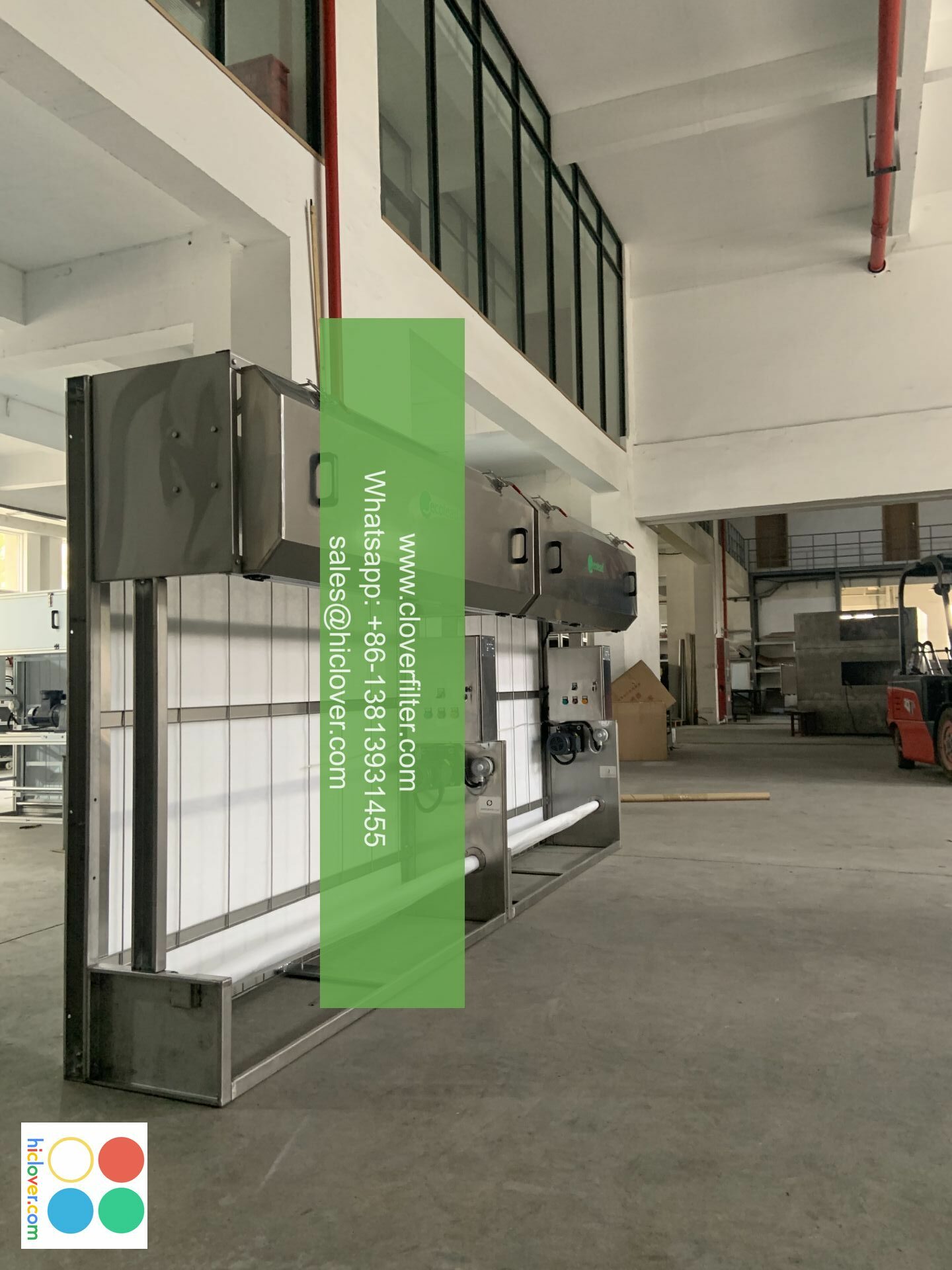The Importance of Media Filters in Power Plant Cooling Systems

The Importance of Media Filters in Power Plant Cooling Systems
Introduction
Power plants are complex systems that rely heavily on cooling systems to maintain optimal operating temperatures and prevent overheating. Cooling systems, such as cooling towers, condensers, and chillers, play a crucial role in removing heat from the system and preventing equipment damage. Media filters are an essential component of these cooling systems, and their importance cannot be overstated. In this article, we will explore the significance of media filters in power plant cooling systems and highlight their various application areas.
What are Media Filters?
Media filters are devices designed to capture impurities, contaminants, and debris from the water or air circulating through a cooling system. They are typically made of specialized materials, such as activated carbon, ion exchange resins, or natural media, which are designed to remove specific types of impurities. These filters are essential in maintaining the efficiency and effectiveness of cooling systems, as well as ensuring the reliability and longevity of the equipment.
The Importance of Media Filters in Power Plant Cooling Systems
There are several reasons why media filters are crucial in power plant cooling systems:
- Improved Cooling Efficiency: Media filters help to remove impurities and contaminants from the cooling system, which allows for increased heat transfer and improved cooling efficiency. This, in turn, reduces energy consumption and extends the life of the equipment.
- Equipment Protection: Media filters prevent the buildup of scale, slime, and other deposits that can damage equipment and reduce its lifespan. By removing these impurities, filters ensure that equipment operates at optimal levels, reducing the risk of downtime and maintenance costs.
- Water Conservation: Media filters are essential in ensuring that treated water is used in the cooling system, rather than potable water. This is a significant consideration in areas where water is scarce, as it helps to conserve this valuable resource.
- Environmental Compliance: Media filters help power plants comply with environmental regulations by removing pollutants and contaminants from the cooling system, which is essential for protecting the environment and human health.
Application Areas for Media Filters in Power Plant Cooling Systems
Media filters are commonly used in a range of applications within power plant cooling systems, including:
- Cooling Towers: Media filters are used to remove scale, slime, and other impurities from the air and water circulating through cooling towers, ensuring efficient heat transfer and preventing equipment damage.
- Condensers: Media filters are used to remove impurities from the condenser water, ensuring that it is free from corrosion and scaling, and that the equipment operates at optimal levels.
- Chillers: Media filters are used to remove debris, scale, and other impurities from the chilled water, ensuring that it is of high quality and that the chiller operates efficiently.
- Pumps: Media filters are used to remove impurities from the water circulating through pumps, ensuring that they operate at optimal levels and reducing the risk of damage.
Conclusion
In conclusion, media filters are a critical component of power plant cooling systems, playing a vital role in maintaining optimal operating conditions, equipment protection, water conservation, and environmental compliance. With their ability to remove impurities and contaminants from the cooling system, media filters ensure that power plants operate efficiently, effectively, and safely. As the demand for electricity continues to grow, the importance of media filters in power plant cooling systems will only continue to increase, making them a key consideration for plant operators and engineers.
I’d be happy to help! However, I don’t see a prompt yet. Would you like to provide one? Please go ahead and share the prompt, and I’ll do my best to assist you.

